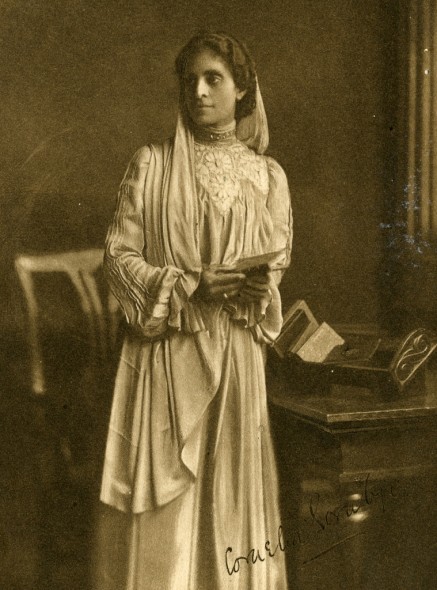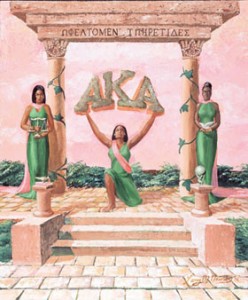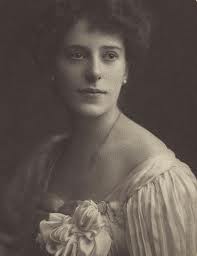Though Indian (Parsi) and a woman, Cornelia Sorabji accomplished the unimaginable in becoming the first woman to practice law in India and Britain. Sorabji was born into a large family of nine children, her father, Reverend Sorabji Karsedji, a Parsi Christian, and her mother, Francina Ford, an Indian who had been adopted and raised by a British couple. Sorabji’s mother was devoted to the cause of women’s education, and made her mark upon Indian society with the establishment of several girls’ schools in Puna (then known as Poona). It was through her mother’s contacts that opened the door for Sorabji to become the first woman to take the Bachelor of Civil Laws exam at Oxford University in 1892.
Upon her return to India in 1894, Sorabji dedicated her time to the rights and education of women and children. Her first cases involved the women of the purdahnashins. Many of these women held considerable property, but Hindu law forbade them from communicating with the outside male world. Sorabji could enter pleas for these women in the courts, but she could not defend the cases because she lacked professional standing in the Indian legal system. She quickly rectified this, standing for the LLB examination of Bombay University in 1897 and pleader’s examination of Allahabad high court in 1899. Despite her success in these examinations, she would not be recognized as a barrister until women were legally permitted to be called to the bar in 1924.
In the meantime, Sorabji petitioned the India Office for legal advisers to women and minors in the provincial courts, and was appointed Lady Assistant to the Court of Wards of Bengal in 1904. By 1907, the need for such representation called her to all parts of India, and over a twenty year period, it was estimated that Sorabji helped over 600 women and orphans fight legal battles, sometimes at no charge. In the 1920s, she was legally able to practice law and opened a firm in Calcutta; however, male prejudice confined her to the preparation of cases, and she never set foot in a court as a barrister. Nevertheless, Sorabji–a woman, an Indian, and a Christian–led an interesting and intriguing life, “which spanned two extremes of the Raj: its zenith under a queen who ruled over a quarter of the world’s population, and its ultimate dissolution with India’s independence.”
Further Reading:
An Indian Portia: Selected Writings of Cornelia Sorabji, 1866-1954, ed. Kusoom Vadgama
Cornelia Sorabji: India’s Pioneering Woman by Suparna Gooptu
Opening Doors: The Untold Story of Cornelia Sorabji, Reformer, Lawyer and Champion of Women’s Rights in India by Richard Sorabji
Cornelia Sorabji’s Wikipedia entry





This is awesome! As a person of South Asian descent I had no idea that a figure like this existed. Very cool, keep up the good work!